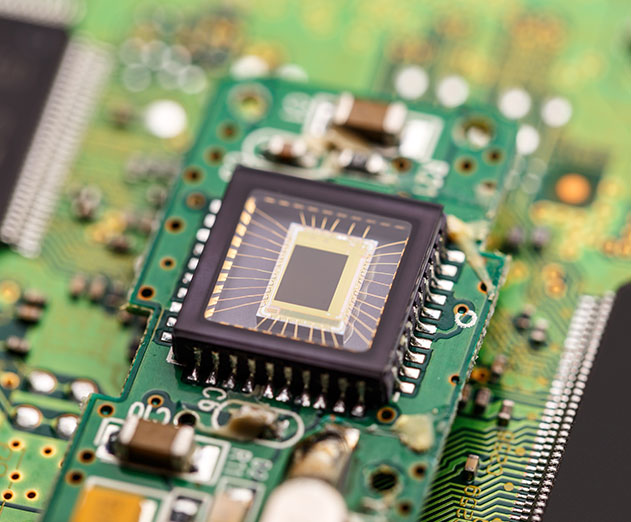Enterprise
IBM upgrades its qubit processing systems for commercial use
Tuesday, November 14, 2017

|
Richard Harris |
Quantum processor by IBM gets upgrade for early-access commercial systems.
IBM announced two significant quantum processor upgrades for its IBM Q early-access commercial systems. These upgrades represent rapid advances in quantum hardware as IBM continues to drive progress across the entire quantum computing technology stack, with focus on systems, software, applications and enablement.
The first IBM Q systems available online to clients will have a 20 qubit processor, featuring improvements in superconducting qubit design, connectivity and packaging. Coherence times (the amount of time available to perform quantum computations) lead the field with an average value of 90 microseconds, and allow high-fidelity quantum operations.
IBM has also successfully built and measured an operational prototype 50 qubit processor with similar performance metrics. This new processor expands upon the 20 qubit architecture and will be made available in the next generation IBM Q systems.
Clients will have online access to the computing power of the first IBM Q systems by the end of 2017, with a series of planned upgrades during 2018. IBM is focused on making available advanced, scalable universal quantum computing systems to clients to explore practical applications. The latest hardware advances are a result of three generations of development since IBM first launched a working quantum computer online for anyone to freely access in May 2016.
IBM rolled out earlier this year its QISKit project, an open-source software developer kit to program and run quantum computers. IBM Q scientists have now expanded QISKit to enable users to create quantum computing programs and execute them on one of IBM's real quantum processors or quantum simulators available online. Recent additions to QISKit also include new functionality and visualization tools for studying the state of the quantum system, integration of QISKit with the IBM Data Science Experience, a compiler that maps desired experiments onto the available hardware, and worked examples of quantum applications.
Quantum computing promises to be able to solve certain problems - such as chemical simulations and types of optimization - that will forever be beyond the practical reach of classical machines. In a recent Nature paper, the IBM Q team pioneered a new way to look at chemistry problems using quantum hardware that could one day transform the way new drugs and materials are discovered.
The first IBM Q systems available online to clients will have a 20 qubit processor, featuring improvements in superconducting qubit design, connectivity and packaging. Coherence times (the amount of time available to perform quantum computations) lead the field with an average value of 90 microseconds, and allow high-fidelity quantum operations.
IBM has also successfully built and measured an operational prototype 50 qubit processor with similar performance metrics. This new processor expands upon the 20 qubit architecture and will be made available in the next generation IBM Q systems.
Clients will have online access to the computing power of the first IBM Q systems by the end of 2017, with a series of planned upgrades during 2018. IBM is focused on making available advanced, scalable universal quantum computing systems to clients to explore practical applications. The latest hardware advances are a result of three generations of development since IBM first launched a working quantum computer online for anyone to freely access in May 2016.
IBM rolled out earlier this year its QISKit project, an open-source software developer kit to program and run quantum computers. IBM Q scientists have now expanded QISKit to enable users to create quantum computing programs and execute them on one of IBM's real quantum processors or quantum simulators available online. Recent additions to QISKit also include new functionality and visualization tools for studying the state of the quantum system, integration of QISKit with the IBM Data Science Experience, a compiler that maps desired experiments onto the available hardware, and worked examples of quantum applications.
Quantum computing promises to be able to solve certain problems - such as chemical simulations and types of optimization - that will forever be beyond the practical reach of classical machines. In a recent Nature paper, the IBM Q team pioneered a new way to look at chemistry problems using quantum hardware that could one day transform the way new drugs and materials are discovered.

Become a subscriber of App Developer Magazine for just $5.99 a month and take advantage of all these perks.
MEMBERS GET ACCESS TO
- - Exclusive content from leaders in the industry
- - Q&A articles from industry leaders
- - Tips and tricks from the most successful developers weekly
- - Monthly issues, including all 90+ back-issues since 2012
- - Event discounts and early-bird signups
- - Gain insight from top achievers in the app store
- - Learn what tools to use, what SDK's to use, and more
Subscribe here









